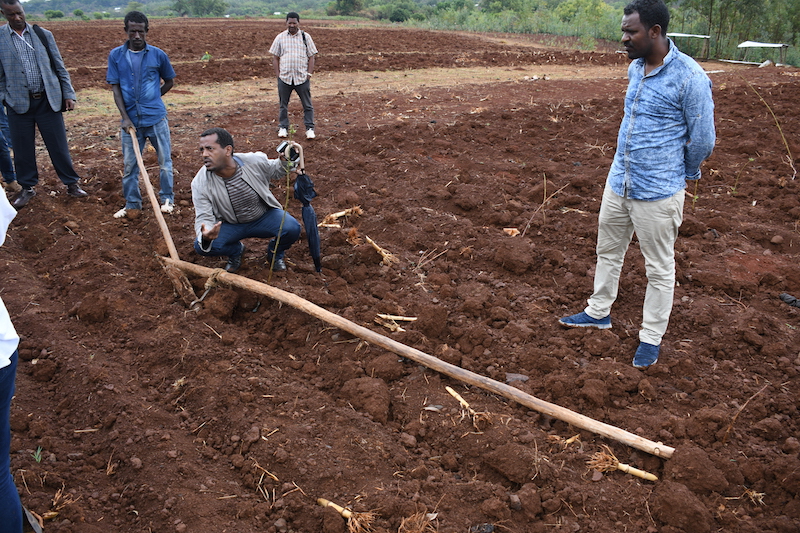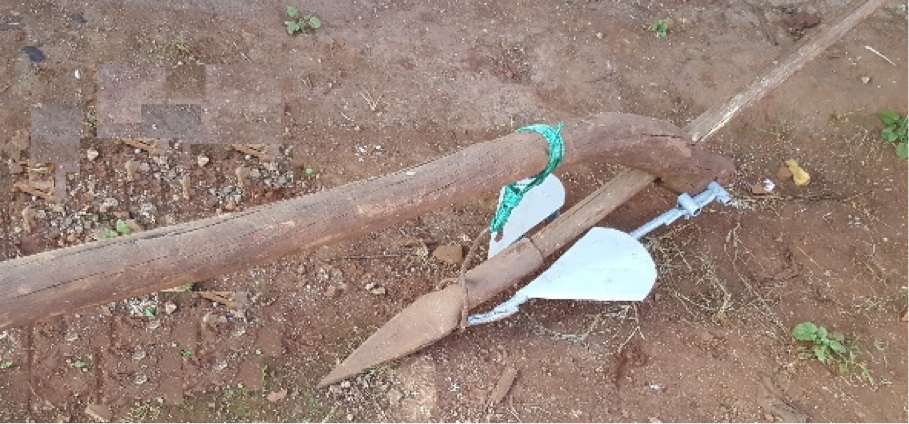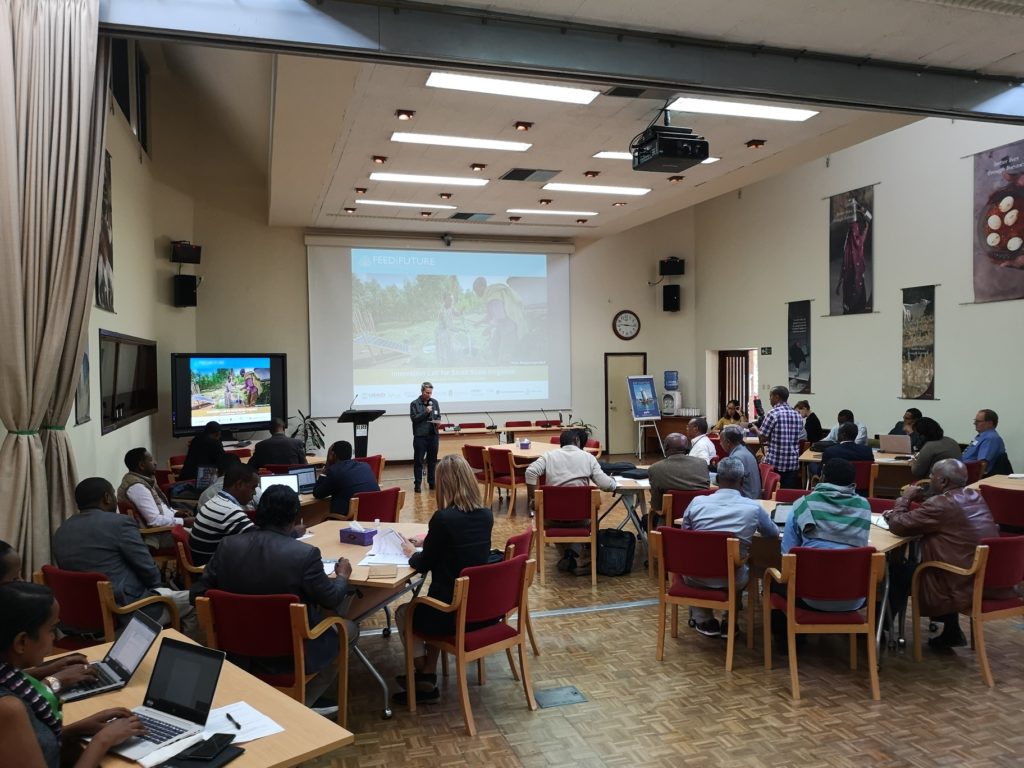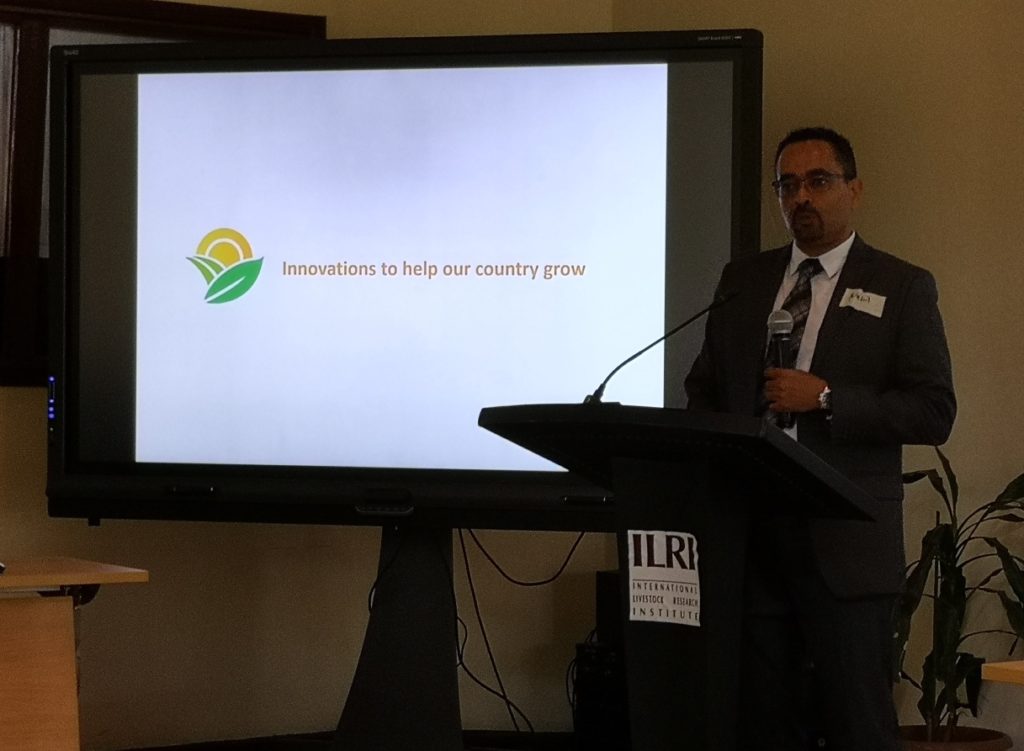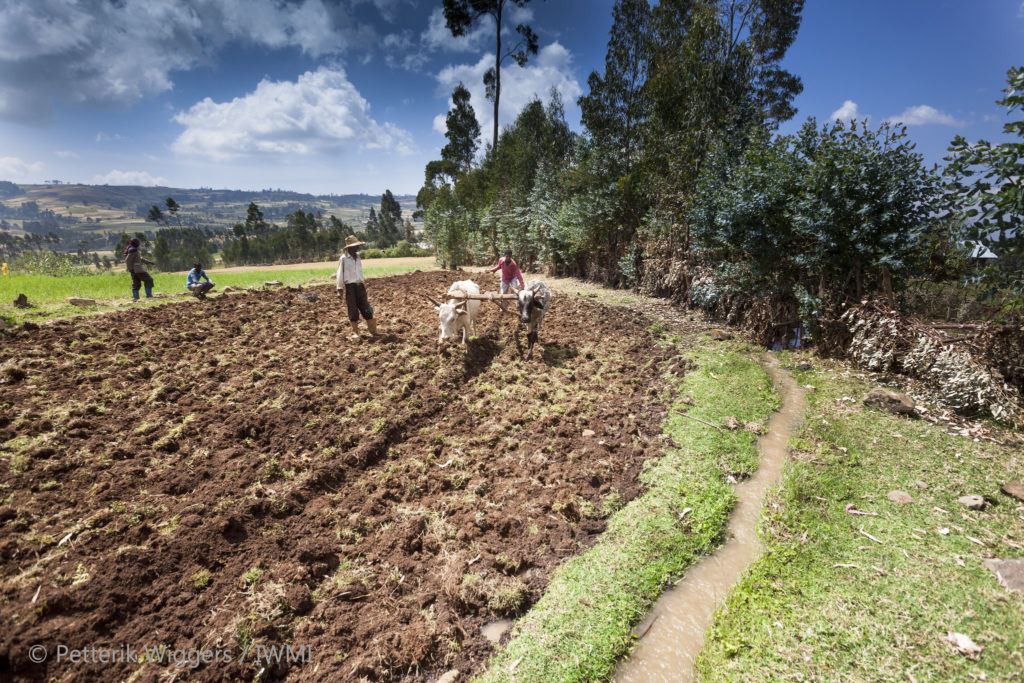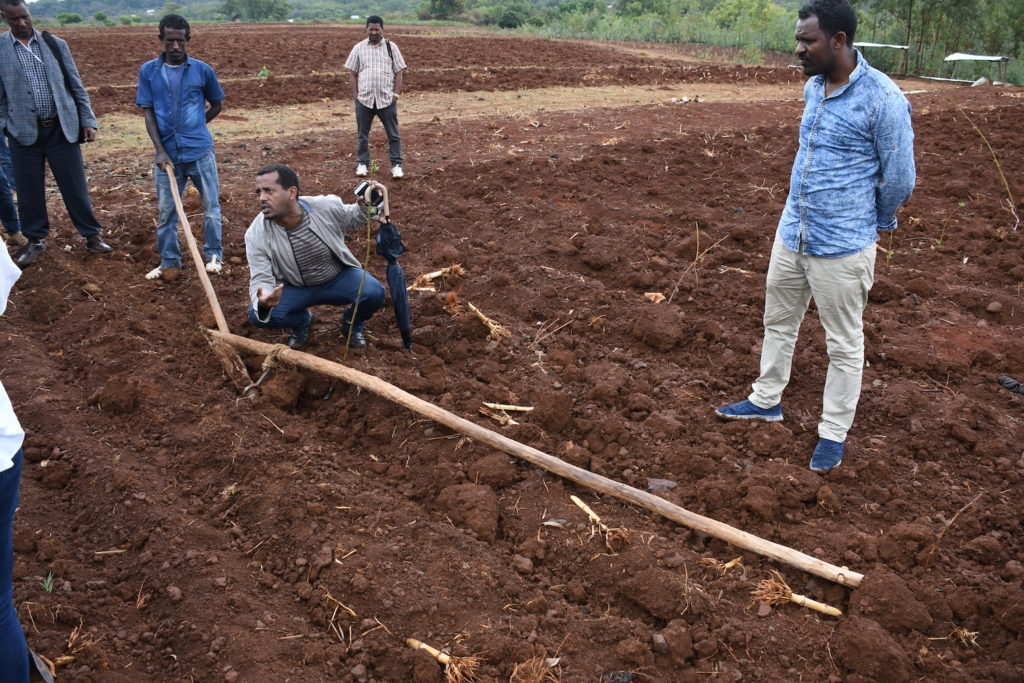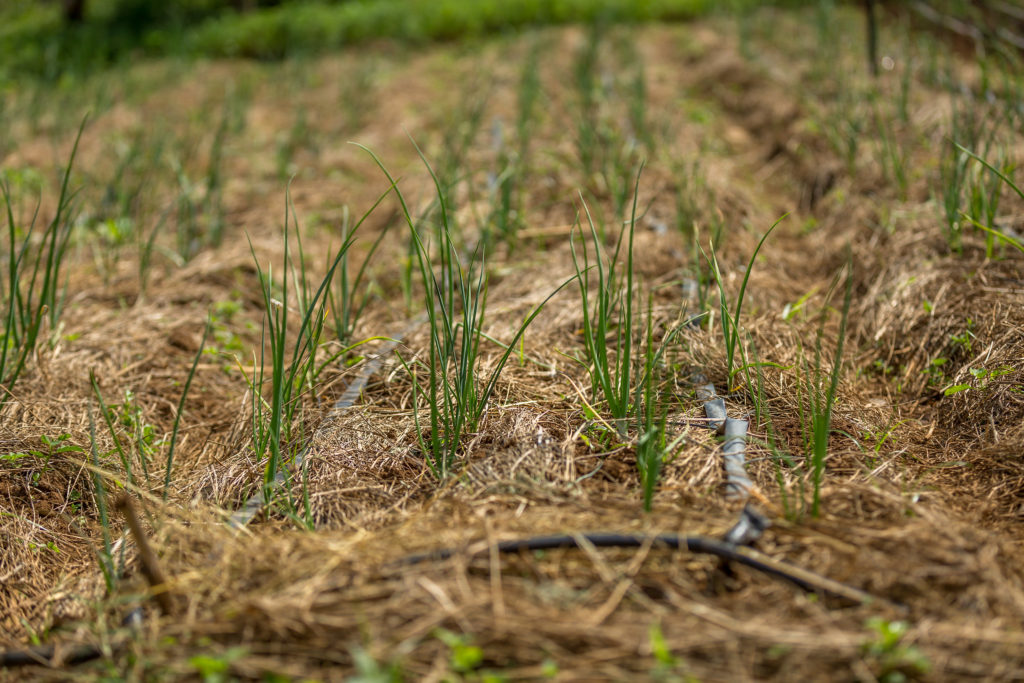During a time when face-to-face meetings and trainings are temporarily suspended, experts from the Feed the Future Innovation Lab for Small Scale Irrigation (ILSSI) are turning to webinars to share research-based insights and recommendations on how to expand smallholders’ access to small scale irrigation.
One webinar, organized by Agrilinks.org, explored the complex process of market-based scaling of agricultural technology. This event took place on June 10, 2020, and it delved deep into the difficulties of scaling agricultural innovations in fragmented markets.
Nicole Lefore, ILSSI Director, presented in the webinar in partnership with Jean-Baptiste De La Salle Tignegre, Lead of the Allium Breeding Program at World Vegetable Center. They spoke of ongoing work in Mali, which is investigating how irrigated production of vegetables could improve farming households’ nutritional health.
Noting results from an initial study by the International Food Policy Research Institute (IFPRI), Lefore said that irrigating households in Mali have higher consumption of nutrient-rich foods, which improve both household income and nutrition. However, weak market conditions, worsened by weather extremes and ongoing conflict, are significant barriers to farmers adopting irrigation and increasing vegetable production in Mali.
Under ILSSI, the World Vegetable Center is working to identify entry points to improve access to seed for Malian producers, including through farmer-led irrigation. Increased local irrigated production of seed could boost vegetable production, which previous research has linked with food security and health outcomes.
Tignegre said that farmers’ access to seed could be improved by decreasing the distance they need to travel to purchase seeds and by supporting the establishment of seed enterprises that can serve farmers locally. A number of regulatory reforms may also be needed to reduce barriers in the formal and informal market supply of seeds. In other words, supporting the production of seed through the private sector could, in combination with greater uptake of irrigation and increase vegetable production.
To conclude, Lefore underscored that the current fragmentation of the market in Mali decreases farmers’ resilience and increases their vulnerability, particularly in times of crises. These barriers currently limit options for addressing nutritional needs at a national level. Currently, existing and rising demands for fruits and vegetables, as well as seed, are being met through imports. ILSSI will, in its ongoing work in Mali, look to collaborate with private sector companies and cooperatives to increase farmers’ access to both irrigation equipment and seed.
Other invited presenters, who discussed how to address last-mile scaling challenges, included Suzan Bishop, Project and Technical Officer, Livestock Emergency Guidelines and Standards, who spoke about how private community animal health services in emergency contexts can be better supported, and Brett Rierson, Managing Director, African Harvest Ventures, who presented on how simple tools can help reduce post-harvest losses.


